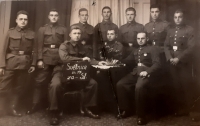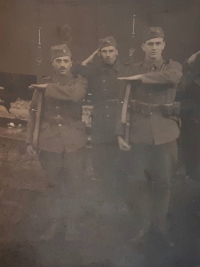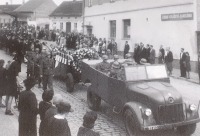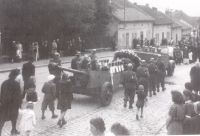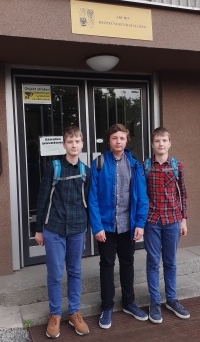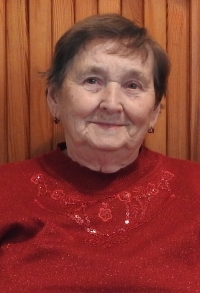I was not yet five years old when the Gestapo came for my father
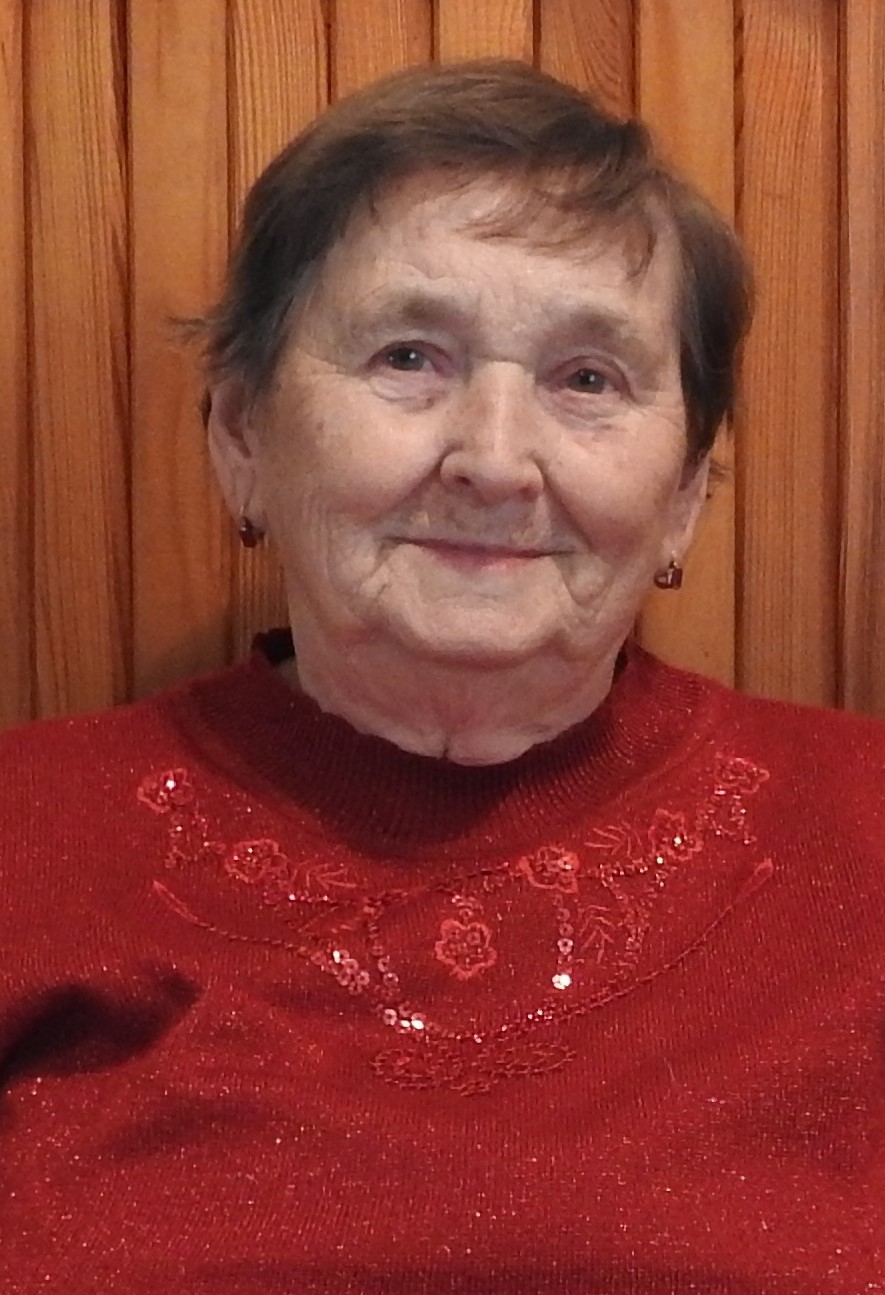
Download image
Milena Pelcnerová, née Pouchaničová, was born on December 23, 1938 in Háje u Příbrami as the youngest of four children. Her father Ivan Pouchanič was active in the resistance during the war. In November 1943, the Gestapo closed him down and imprisoned him in Pankrác and Terezín. In November 1944, the father was sentenced to death for resistance activities, he was executed together with other Příbram resistance fighters on February 19, 1945 in Brandenburg. The family only received a short notice and a pack of clothes. The witness remembers the moments of the end of the war in nearby Slivica. In 1944, she entered the general school in Háje and, after graduating from the town school in Příbram, she successfully passed the exams at the Pedagogical Institute in Brandýs nad Labem. However, due to her mother’s poor health, there was no one to pay for her boarding school. Therefore she trained as a textile salesperson and ended up enjoying the job. She got married at the age of seventeen, and raised three children together with her husband. She lived with her family in Háje and briefly worked as a shop assistant in Příbram. After that, she and her husband moved to nearby Smolotel, where Milena took a job as a mail carrier after maternity leave. As soon as the children grew up, she worked in various positions at JZD Smolotely until her retirement. She remembers the invasion of Warsaw Pact troops in August 1968, when she had a son in hospital in Prague. She learned about the Velvet Revolution from television. In 2022, Milena Pelcnerová lived in Smolotely.
